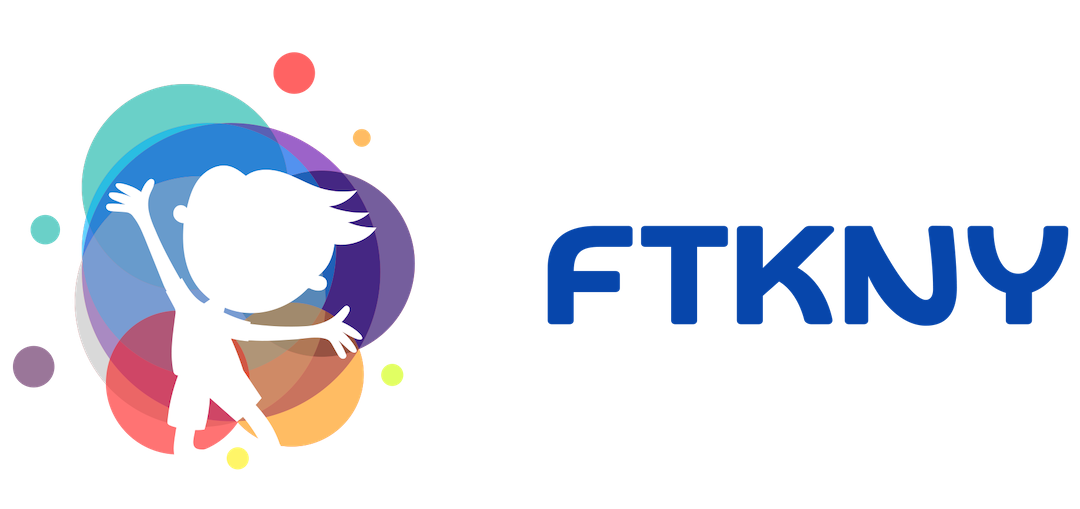The Wonders of Research (aka “hindsight”)
There’s nothing like the collection of data over time to call our best efforts into question. Such is the case with giftedness education. Thanks to the childrearing of previous generations, we can now assess actual outcomes for kids who received the accelerated programming and “gifted” designations of the 80’s and 90’s. As the parents of millennials likely suspected, the results show that labeling children as “gifted” could have its drawbacks.
An Educational Evolution
Those new to early-childhood education may recognize today’s conversation around educational enrichment as centering on school choice, as opposed to the integration of in-house programs for high-performing students. The issue has evolved from an earlier question as to whether accelerated programs should be added to the existing classroom framework or removed to a dedicated space. Many of the first groups of gifted students were pulled out of class to receive special enriched or accelerated instruction. These programs were designed around the notion that gifted children deserve enhanced resources aimed at maximizing their natural potential, and that they were best administered outside the regular classroom. We now know, however, that the very act of labeling some children as gifted and others as, well, not, has implications far beyond the classroom, and for both groups of students.
The Designation Debacle
Outcomes among students labeled as gifted have been inconsistent at best, causing a mystery of sorts to arise. Why, despite quality enrichment programs, did some gifted students flourish while others failed to meet their potential? Thirty years of research out of Stanford yields some answers. As it turns out, children’s perspectives on their own abilities play a huge role in educational outcomes. Those who view giftedness as something to demonstrate or defend can fall victim to learned helplessness. To the contrary, children – gifted or otherwise – who see intelligence and ability as characteristics that can be developed through effort tend to develop resilience despite setbacks. The belief that they are capable of success propels these students to consistently pursue achievement. While all those “gifted” designations may have made the rest of the class feel bad, their most negative impact was thus likely experienced by those who received them.
A Generational Crossroads
Though the conversation around gifted education has changed dramatically, from in-class vs. out-of-class instruction to public schools vs. charters, the issue of segregation remains consistent. Today’s parents have the opportunity to decide whether we will continue to divert resources from the many to benefit the few. Will we go on labeling children as gifted or not, and continue fighting for funding to give some kids exclusive educational opportunities while the quality of our schools on the whole continues to decline? Or will we align our educational system with the belief that every American child deserves opportunities to learn, grow, and flourish? Doing the latter would require us, in the words of teacher and educational leader Nancy Flanagan, to “find ways to give all children, the ordinary and the brilliant, what they deserve: a high-quality, custom-tailored education, at no excessive cost to their parents.” Since no test has the capacity to reveal every possible combination of nuanced capabilities and characteristics worthy of the ever-evolving designation “gifted,” we can hardly afford to do otherwise.
“Everyone’s brains can grow and change.” Professor Jo Boaler, Stanford University
At FasTracKids, we believe every child should be exposed, starting at an early age, to as many enriching learning experiences as possible. By introducing students to 12 different subject areas, as well as STEAM Careers, we help each child find their unique gifts and talents so that those special skills can be honed throughout childhood and beyond. We provide families in NYC high-quality gifted education for their children ages 2-14 years old through our diverse suite of tailored programs and offerings. If you’re in the area and looking for ways to nurture your child’s emerging and yet-to-be-discovered gifts, explore our proven programming options today.
